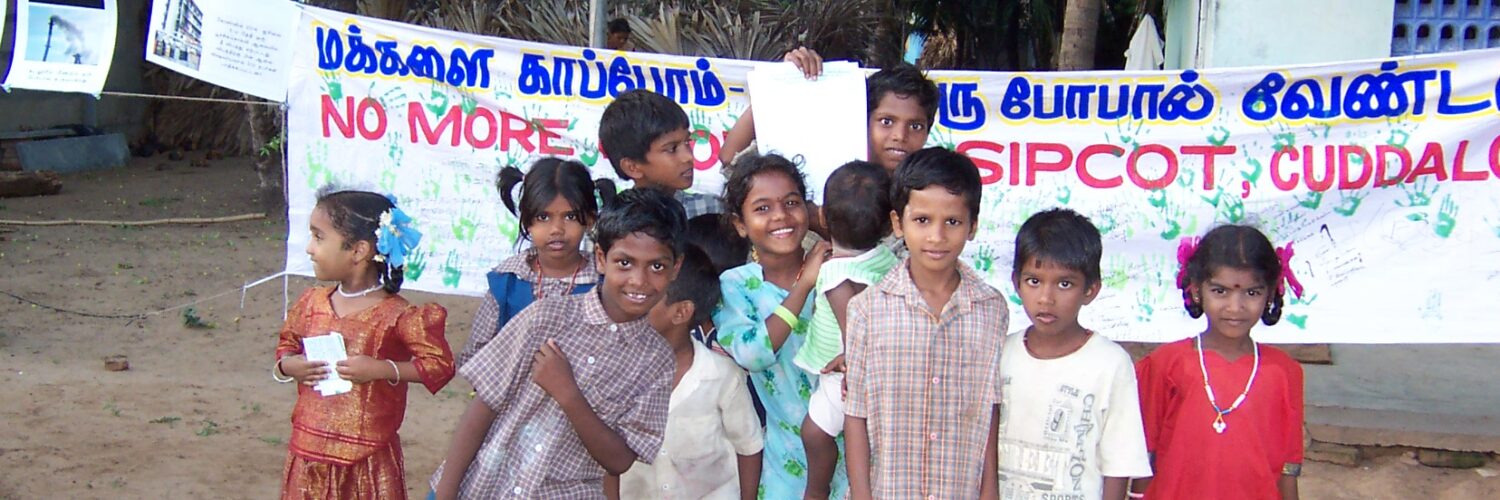Rajesh Sinha
DNA India
Saturday, June 03, 2006
NEW DELHI: Millions of Indians are being exposed to high levels of poisonous gases, including cancer-causing volatile organic compounds (VOCs) and Sulphur fumes, and the country lacks the mechanism to monitor or regulate these toxins, according to a report released here on Saturday.
Smoke Screen, a report by a Chennai-based project called SIPCOT Area Community Environmental Monitors, found 45 chemicals, including 13 carcinogens, in some 21 air samples it collected in village areas between 2004 and 2006. Titled Smokescreen: Ambient Air Quality in India, the report lists 45 toxic chemicals that were found in ambient air samples taken from 13 different locations in the country during 2004-06.
Out of these, the toxic levels of 28 chemicals were found at up to 32,000 times higher than levels fixed as safe in residential areas by the US Environmental Protection Agency. The report also said that at ITO in the national Capital, 18 toxic chemicals were found from the air samples, of which cancer-causing benzene was recorded at 104 times higher than safe levels.
The chemicals found target virtually every system in the human body – eyes, central nervous system, skin and respiratory system, liver, kidneys, blood, cardiovascular system and the reproductive system.
Releasing the report, Sunita Narain, Director, Centre for Science and Environment (CSE) said India lacked the mechanism to monitor and regulate toxic gases in ambient air and hoped the report will act as an “alarm bell” to set standards in this regard at the earliest.
“Air pollution monitoring and regulation is primitive and India has no standards for some of the most toxic and commonly found air pollutants,” said Shweta Narayan of Community Environment Monitoring.
She said after a study by a Cuddalore-based NGO in 2004, the Supreme Court Monitoring Committee on Hazardous Wastes had asked the Central Pollution Control Board to lay down standards for VOCs and Sulphur gases. She alleged that nothing has been done in this regard even after six years.
“Though the Union Ministry of Environment and Forests had granted USD 6.5 million for setting standards for ambient air quality monitoring in 1999, the outcome of the project was still unknown.” Narayan claimed. She alleged that the govt was refusing to acknowledge concerns about pollution by stating that nothing could be done in the absence of standards.
